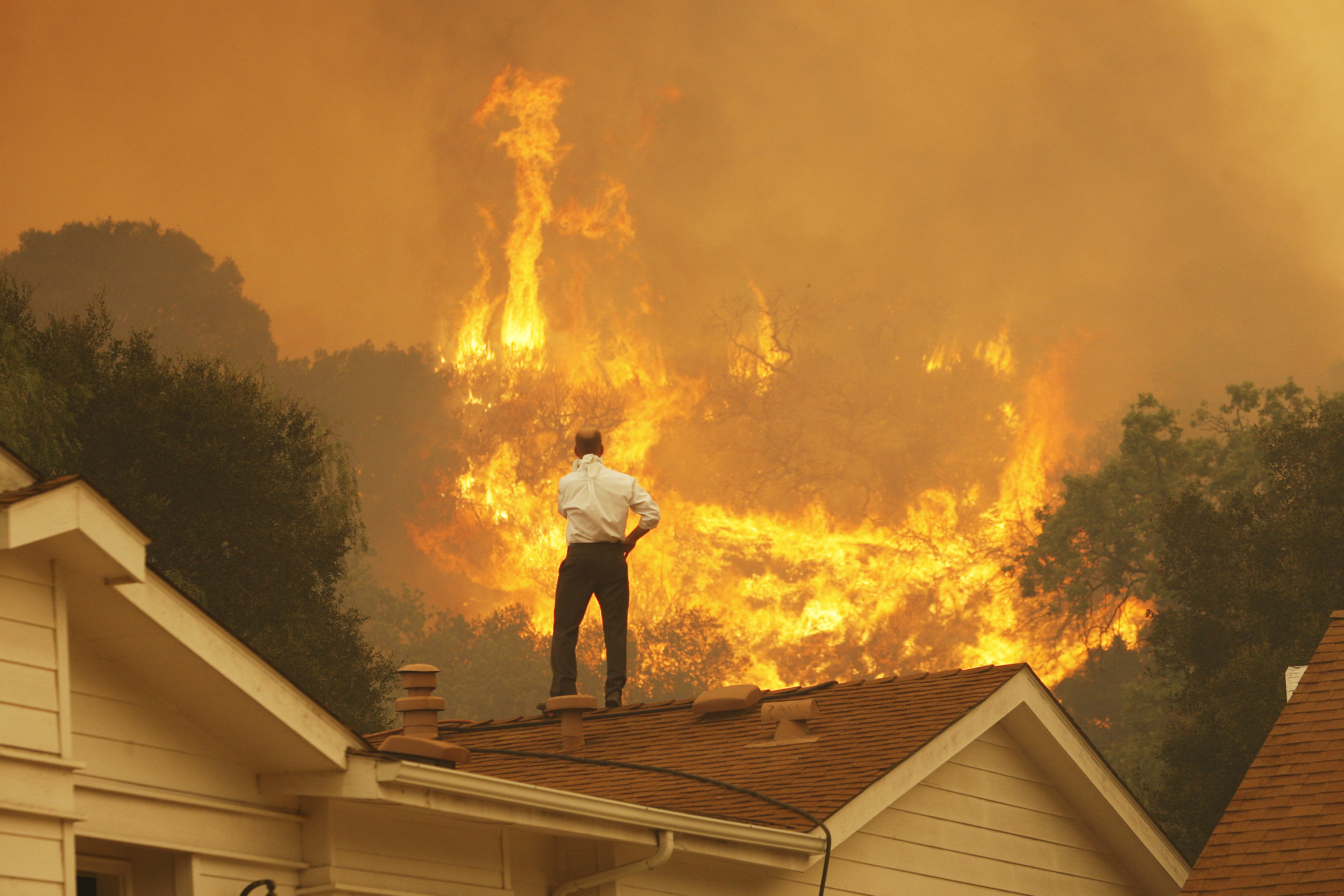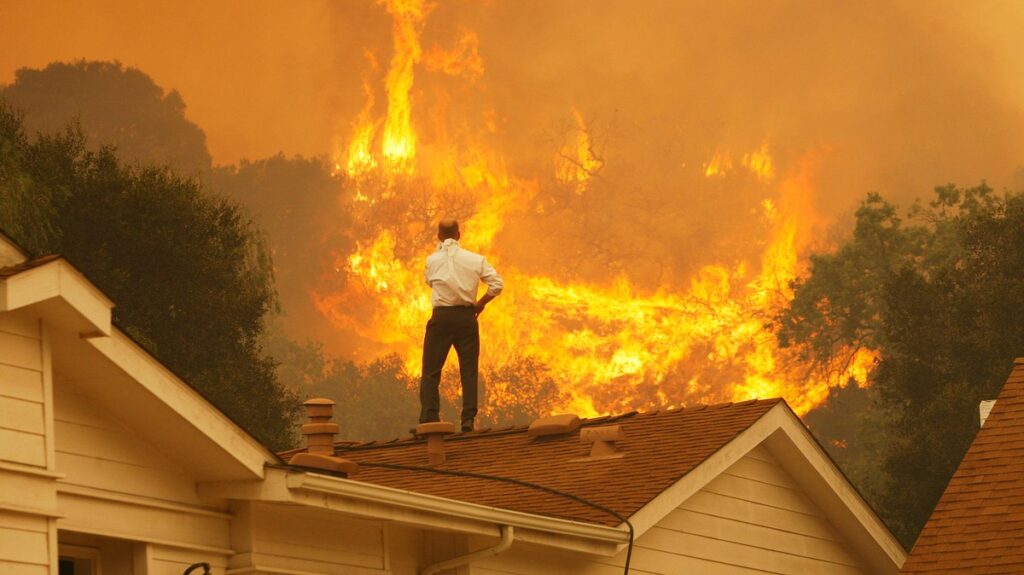[ad_1]


It’s time to wake up. On Global Day of Climate Action, VICE Media Group is solely telling stories about our current climate crisis. Click here to meet young climate leaders from around the globe and learn how you can take action.
In April 2020, VICE Media Group surveyed over 9,000 adults 18+ in five countries: The United States of America, The United Kingdom, Denmark, Spain and India. We chose those markets were due to their geographical differences, cultural differences, and a perceived notion of being either ahead or behind the curve in terms of climate understanding. This is what we learned.
People around the world agree that climate change is a problem: Eight in ten say they are concerned about the effects of human activity on the planet. It’s hard not to be concerned when we see significant environmental changes all around us. In just the past few months in the U.S. alone, over two million acres of California has been burned by wildfires, breaking a record; Death Valley recorded a temperature of 130 degrees, possibly the hottest on record in world history; and the North Atlantic has had such an active hurricane season that we’ve run out of human names for the storms.
When it comes to fixing the problem, people see the government and citizens like themselves as equally responsible for the health of our environment. Seventy-six percent even say they are willing to make small personal sacrifices to help mitigate global warming, and 64 percent say they are willing to make large personal sacrifices.
Yet these aspirations aren’t turning into action. There are some major roadblocks on the way to more sustainable living. People indicate the biggest barriers are the high price of sustainable goods and services and the perceived lack of environmentally friendly options. But while creating affordable and accessible products may be out of most people’s control, the other barriers to taking action are more personal.
Forty-four percent of people say they are just not motivated to be more environmentally friendly or they simply don’t care about it. Millennials are the most willing to admit to this, with half (50 percent) saying that their own lack of motivation is a significant barrier to behavior change.
But maybe not caring is the result of not truly understanding the problem. Fifty percent of people indicate that lack of knowledge or information is one of the biggest challenges they face in trying to be more environmentally friendly. And when we dig into climate literacy, it is clear there is a knowledge gap.
When asked if they had a good understanding of climate change terms, 67 percent of adults around the world answered “yes.” But when asked to choose the best definition of those terms, only 41 percent of adults chose answers that showed they knew what they were talking about. The knowledge gap is widest among young people. Gen Z and Millennials think they know the most, but actually know the least.
People are most comfortable with terms used in everyday conversation such as “climate change” and “eco-friendly.” Yet that does not necessarily mean they know the definition of those terms. For example, nearly everyone (92 percent) said they know what eco-friendly means but only 72 percent of people correctly selected the definition of “Earth-friendly, or not harmful to the environment.” When it comes to the culprits of climate change like microplastics and fast fashion, or solutions like carbon offsetting and net zero, stated knowledge is low, and actual understanding is even lower.
If people truly understood what climate change is, what is causing it, and the approaches to combating it, it might open their eyes to the real dangers and help them identify tactical ways that they can take action. We’ve got some learning to do before we can save the planet.
[ad_2]
Source link


